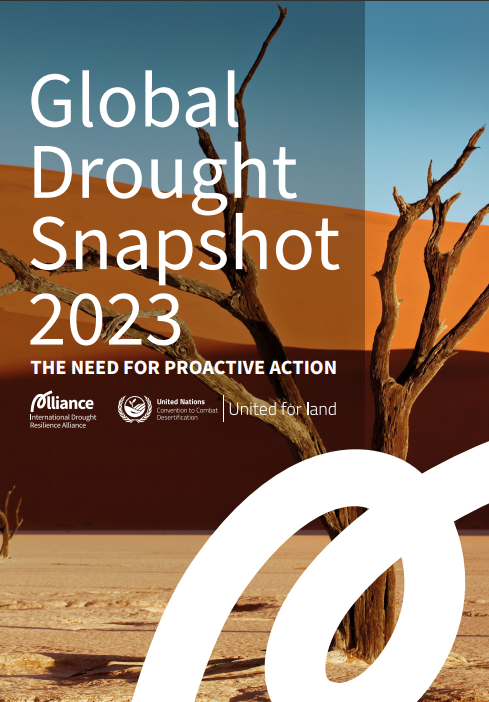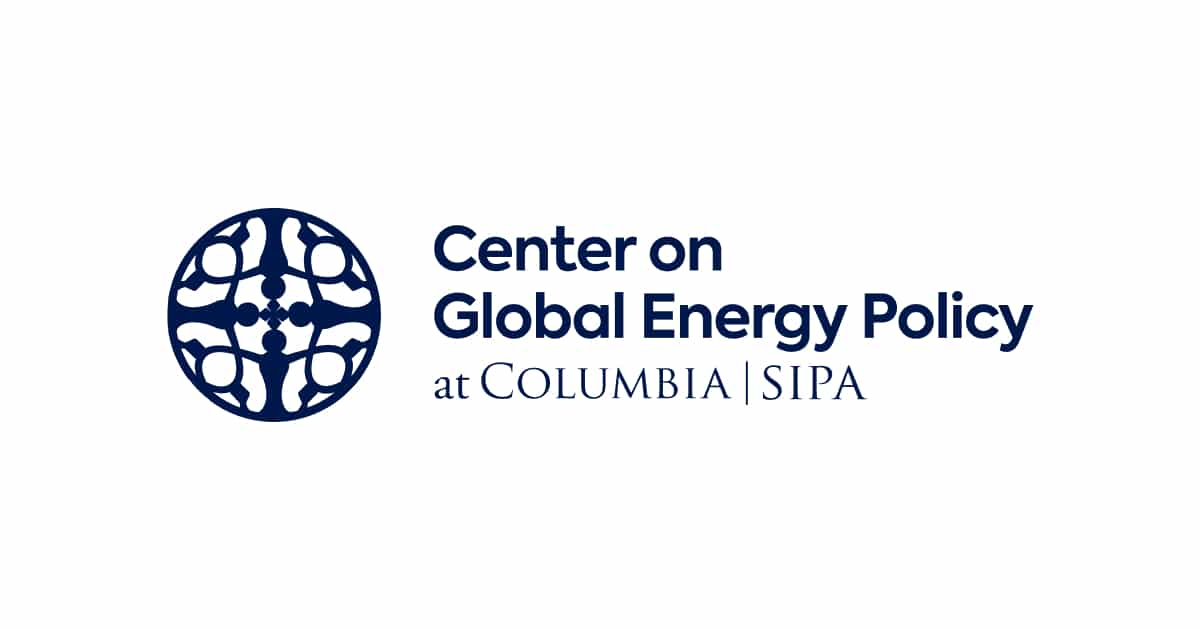The Global Drought Snapshot 2023 emphasizes the urgent need for proactive measures to address the unprecedented crisis of human-induced droughts. It highlights the increasing frequency of droughts globally and their widespread impacts on ecosystems, local economies, and human livelihoods. It estimates that nearly $7 trillion is spent globally yearly on activities that directly damage nature. Conversely, funding towards nature-based solutions (NbS) totalled approximately $200 billion in 2022.
An Overview
PRESENT IMPACTS
Provides an in-depth examination of the detrimental effects of droughts. It notably underscores that droughts profoundly impact developing countries worldwide, with vulnerable communities enduring the consequences. Rural areas with limited water resources and underdeveloped infrastructure frequently struggle to maintain their livelihoods during extended dry periods. Smallholder farmers, indigenous peoples, and marginalized groups are especially susceptible to the effects of drought. Furthermore, research has shown that women and girls often bear the most significant impacts.
In addition to the social impacts, the report discusses the economic ramifications of droughts locally and globally. Drought-induced crop failures in regions heavily reliant on agriculture can lead to food shortages and escalating prices. Consequently, livelihoods are devastated as farmers and pastoralists find maintaining their traditional way of life challenging. These effects not only impact local communities but can also potentially disrupt global food supply chains. Alarmingly, the economic losses associated with droughts are estimated to amount to billions of dollars annually.
POSSIBLE FUTURES
Emphasizes the importance of proactive measures and resilience-building to mitigate the negative impacts of droughts. Rather than focusing on immediate consequences, it advocates for long-term strategies to reduce vulnerability and enhance adaptive capacity. The report underscores the need for proactive agriculture, water management, and disaster preparedness measures. For instance, sustainable land management, nature-positive agricultural practices, and efficient water management are critical elements of global drought resilience.
Specifically, farmers can mitigate the effects of drought on their crops and incomes by implementing drought-resistant crops and efficient irrigation methods. Moreover, establishing sustainable water supply systems and conservation methods and promoting water-efficient technologies are crucial in managing drought challenges. Alongside these measures, the section emphasizes the importance of international cooperation, knowledge sharing, and environmental and social justice in addressing drought-related challenges. It underscores the need for solidarity, partnerships, and dialogue platforms to tackle these challenges collectively.
A Deeper Dive
Widespread and Intensifying Droughts:
- Regions in crisis: Beyond the Horn of Africa and the Sahel, areas like Madagascar, Argentina, Chile, Iran, and Central Asia also grapple with severe drought conditions. These diverse geographies showcase the global reach of the problem.
- Climate fingerprints: The report highlights the role of climate change in amplifying drought severity. Rising temperatures increase evaporation rates while shifting rainfall patterns and extreme weather events exacerbate water scarcity.
- Cumulative impacts: Consecutive seasons of drought without sufficient recovery periods push ecosystems and societies beyond their coping mechanisms, leading to cascading effects on food security, water resources, and economic stability.
Severe Consequences:
- Humanitarian crisis: Millions face food insecurity, with children and vulnerable populations particularly at risk. Malnutrition rates are rising, and forced migration seeking water and resources is becoming increasingly common.
- Environmental degradation: Loss of vegetation cover due to drought contributes to soil erosion, desertification, and biodiversity loss. The report emphasizes the interconnectedness of environmental and human well-being.
- Economic burdens: Agriculture, a vital economic sector in many drought-affected regions, suffers immense losses due to reduced yields and livestock deaths. This impacts local livelihoods, national food security, and global supply chains.
Sectors affected:
Drought can substantially affect the agricultural sector by decreasing the availability and quality of water needed for productive farms, ranches, and grazing lands. Moreover, drought can cause insect outbreaks, escalate wildfires, and change carbon, nutrient, and water cycling rates. These shifts can impact agricultural production, the ecosystem functions that support agricultural systems, and the well-being and health of farming communities.
Recommendations:
These are the report’s recommendations for addressing the drought emergency:
- Invest more in Meteorological Monitoring and Data Collection: Urges increased investment in meteorological monitoring, data collection, and risk assessment to respond to drought emergencies and mitigate their effects promptly.
- Promote International Cooperation and Knowledge Sharing: Accentuates the necessity for international collaboration and knowledge exchange to build resilience and respond effectively to drought crises.
- Ensure Environmental and Social Justice: Appeals for action to secure environmental and social justice in managing drought impacts. It stresses the need for collective action to reduce the adverse effects of drought and secure a better future for affected communities.
- Embrace Water-Efficient Technologies and Land Restoration: Suggests various solutions, from adopting water-efficient technologies to counterbalancing carbon emissions with land restoration. It underlines the significance of land restoration and sustainable land management in bolstering global resilience to drought.




